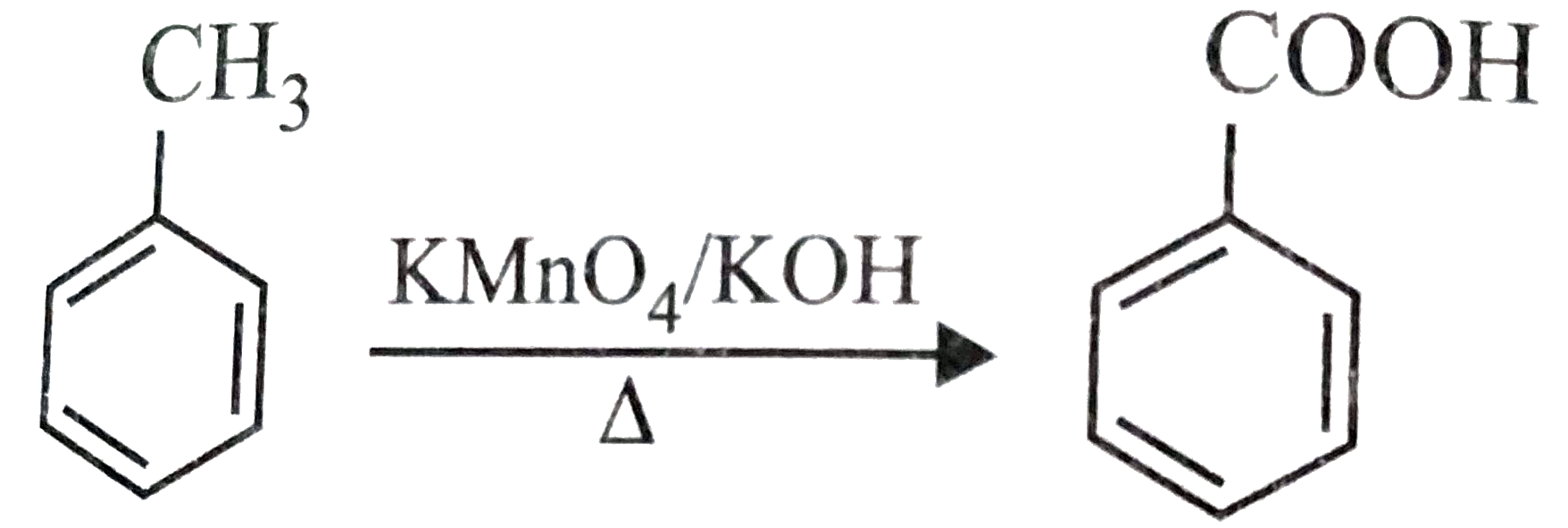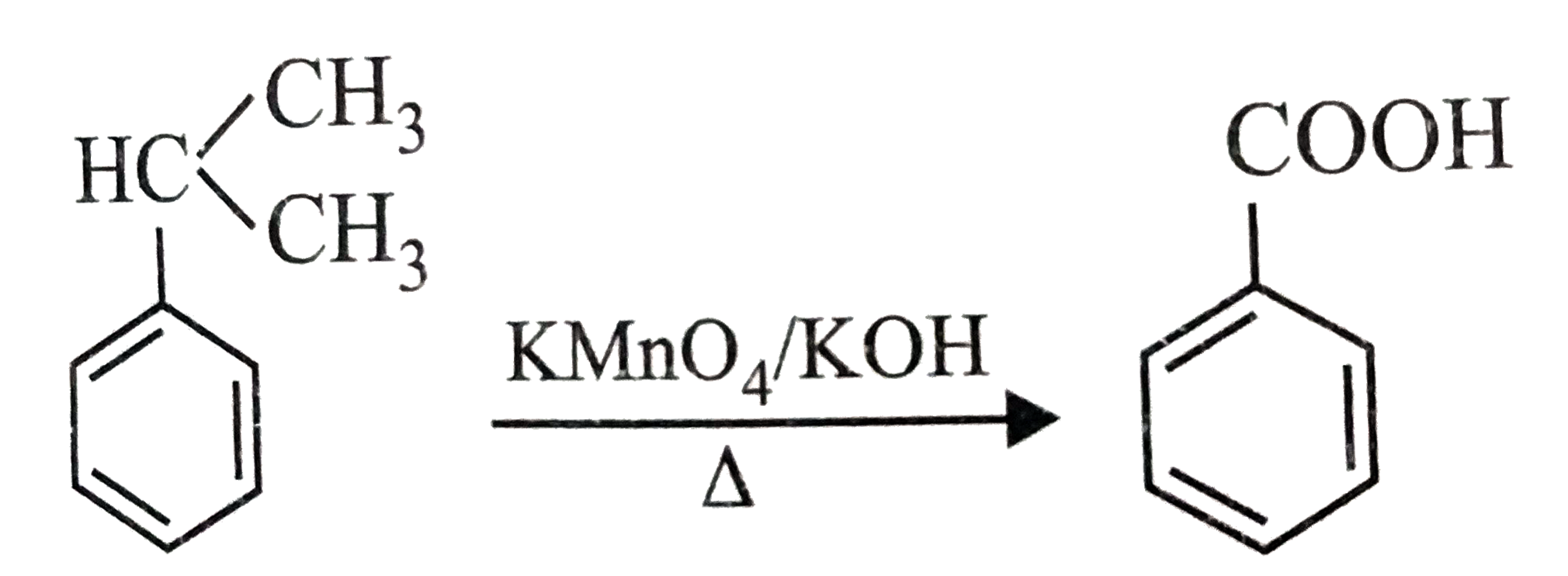Which of the following reaction occur during calcination ?
CaCO3→CaO+CO2
2FeS2+112O2→Fe2O3+4SO2
Al2O3.xH2O→Al2O3+xH2O
ZnS+32O2→ZnO+SO2
The correct Answer is:A, C
Step-by-Step Solution:
1. Understanding Calcination:
- Calcination is a thermal treatment process that involves heating ores in the absence of air or in a limited supply of air. The primary aim is to drive off volatile substances, such as water or carbon dioxide, and to convert the ore into a more useful form.
2. Identifying Types of Ores:
- The ores that typically undergo calcination include:
- Carbonates (e.g., CaCO₃)
- Hydroxides (e.g., Al(OH)₃)
- Oxides (e.g., ZnO)
- Sulfides (e.g., FeS) do not undergo calcination but rather undergo roasting.
3. Analyzing the Given Options:
- The question provides multiple reactions, and we need to identify which of these reactions represent calcination.
- Look for reactions involving the decomposition of carbonates, hydroxides, or oxides.
4. Examples of Calcination Reactions:
- For carbonates:
CaCO3→CaO+CO2↑
- For hydroxides:
2Al(OH)3→Al2O3+3H2O↑
- Oxides do not decompose further in calcination but are often produced from the calcination of carbonates or hydroxides.
5. Conclusion:
- Based on the analysis, the reactions that occur during calcination are those involving carbonates and hydroxides. Therefore, the correct options for the reactions that occur during calcination are the ones that involve carbonates and hydroxides.
Final Answer:
- The reactions that occur during calcination are those involving carbonates and hydroxides.
- Calcination is a thermal treatment process that involves heating ores in the absence of air or in a limited supply of air. The primary aim is to drive off volatile substances, such as water or carbon dioxide, and to convert the ore into a more useful form.
- The ores that typically undergo calcination include:
- Carbonates (e.g., CaCO₃)
- Hydroxides (e.g., Al(OH)₃)
- Oxides (e.g., ZnO)
- Sulfides (e.g., FeS) do not undergo calcination but rather undergo roasting.
- The question provides multiple reactions, and we need to identify which of these reactions represent calcination.
- Look for reactions involving the decomposition of carbonates, hydroxides, or oxides.
- For carbonates:
CaCO3→CaO+CO2↑
- For hydroxides:
2Al(OH)3→Al2O3+3H2O↑
- Oxides do not decompose further in calcination but are often produced from the calcination of carbonates or hydroxides.
- Based on the analysis, the reactions that occur during calcination are those involving carbonates and hydroxides. Therefore, the correct options for the reactions that occur during calcination are the ones that involve carbonates and hydroxides.
- The reactions that occur during calcination are those involving carbonates and hydroxides.
Topper's Solved these Questions
- GENERAL PRINCIPLE AND PROCESSES OF ISOLATION OF ELEMENTS BOOK - NCERT EXEMPLAR ENGLISHCHAPTER - GENERAL PRINCIPLE AND PROCESSES OF ISOLATION OF ELEMENTS EXERCISE - Short answer type Question
18 Videos
- GENERAL PRINCIPLE AND PROCESSES OF ISOLATION OF ELEMENTS BOOK - NCERT EXEMPLAR ENGLISHCHAPTER - GENERAL PRINCIPLE AND PROCESSES OF ISOLATION OF ELEMENTS EXERCISE - Matching The columns
5 Videos
- ELECTROCHEMISTRYBOOK - NCERT EXEMPLAR ENGLISHCHAPTER - ELECTROCHEMISTRYEXERCISE - All Questions
67 Videos
- HALOALKANES AND HALOARENESBOOK - NCERT EXEMPLAR ENGLISHCHAPTER - HALOALKANES AND HALOARENESEXERCISE - Long Answer Type Questions
3 Videos
Similar Questions
Knowledge Check
Which of the following occurs during muscle contraction?
AA) Reduction of ATP liberates oxygenBB) Z lines move closer togetherCC) Filaments of myosin slide past filaments of actinDD) Muscle fibres lengthenWhich of the following reactions does not occur ?
A B
B C
C D
D
Which of the following reactions does not occur during calcination?
View SolutionWhich of the following type of reaction occurs during the formation of peptide bond and glycosidic bond ?
View SolutionWhich of the following reaction does not occur?
View SolutionWhich of the following reaction occur most rapidly ?
View SolutionWhich of the following reactions will not occur ?
View SolutionWhich of the following reactions occurs at the cathode?
View Solution
